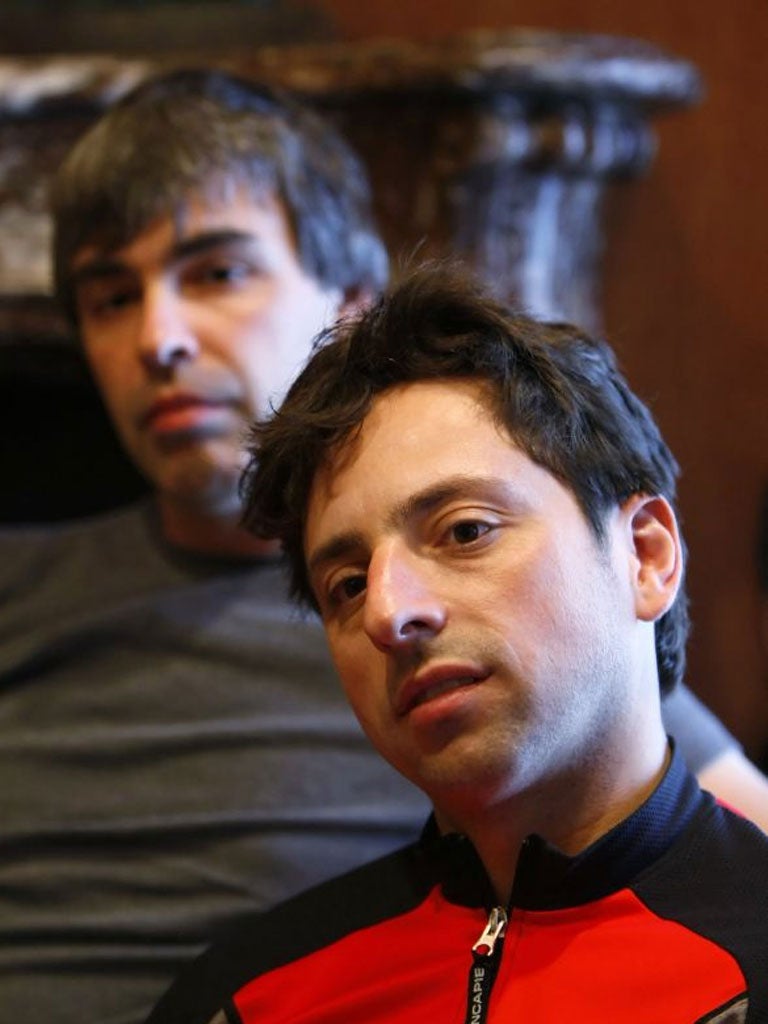Where's the smart money? Private sector urged to run universities – and turn Nobels into cash
Tories want big business to establish science and technology institutions in bid to boost economy

A private American college paid for by a billionaire businessman was cited yesterday by a Government minister as the model for a new type of British university specialising in science and technology.
David Willetts, the Universities and Science minister, said he would like similar private universities dedicated to high-tech subjects to be set up in British cities, paid for solely by wealthy benefactors, companies or international organisations.
The idea is that privately-funded, postgraduate universities specialising in science and technology could help to overcome the problem of British universities being good at generating ideas, but not as good as their US counterparts at exploiting them to generate businesses, jobs and wealth – epitomised by Stanford University PhD students Larry Page and Sergey Brin, the founders of Google.
The US model for the British initiative is a science graduate school to be built on Roosevelt Island in New York with the help of a large donation from Atlantic Philanthropies, whose founder Charles Feeney, 80, made billions of dollars from duty-free shops.
Mr Willetts said yesterday that as good as existing universities were in Britain, there was still room for a new type of postgraduate institution paid for by the private sector to focus on the latest developments in science and technology. "Local economic partnerships, universities, businesses and international partners can come together to put forward proposals for new institutions. There will be no additional government funding," he said.
"This time we will be looking to private finance and perhaps sponsorship from some of the businesses that are keen to recruit more British graduates. We already have a lot of interest and we want to move this to the next level." Although there will not be any public funding for the new universities, Mr Willetts said the Government could identify and help to remove any obstacles which might prevent individuals or organisations from sponsoring the initiatives.
"We will be discussing with the interested organisations how best to carry this initiative forward," he added.
Tale of two science teams: The search for a British Google
The American way...
Sergey Brin and Larry Page met at Stanford University in California, as computer science students with dorms littered with circuitry. Their talent was spotted in 1998 by Andy Bechtolsheim, founder of Sun Microsystems, who put up $100,000. Google is now valued at over £125bn.
... and the British
Andre Geim and Kostya Novoselov, of Manchester University, first identified a layer of graphene, the world's thinnest, strongest and most conductive material, in an experiment in 2004. A Nobel Prize and knighthoods followed but investment has yet to materialise.
Join our commenting forum
Join thought-provoking conversations, follow other Independent readers and see their replies
Comments